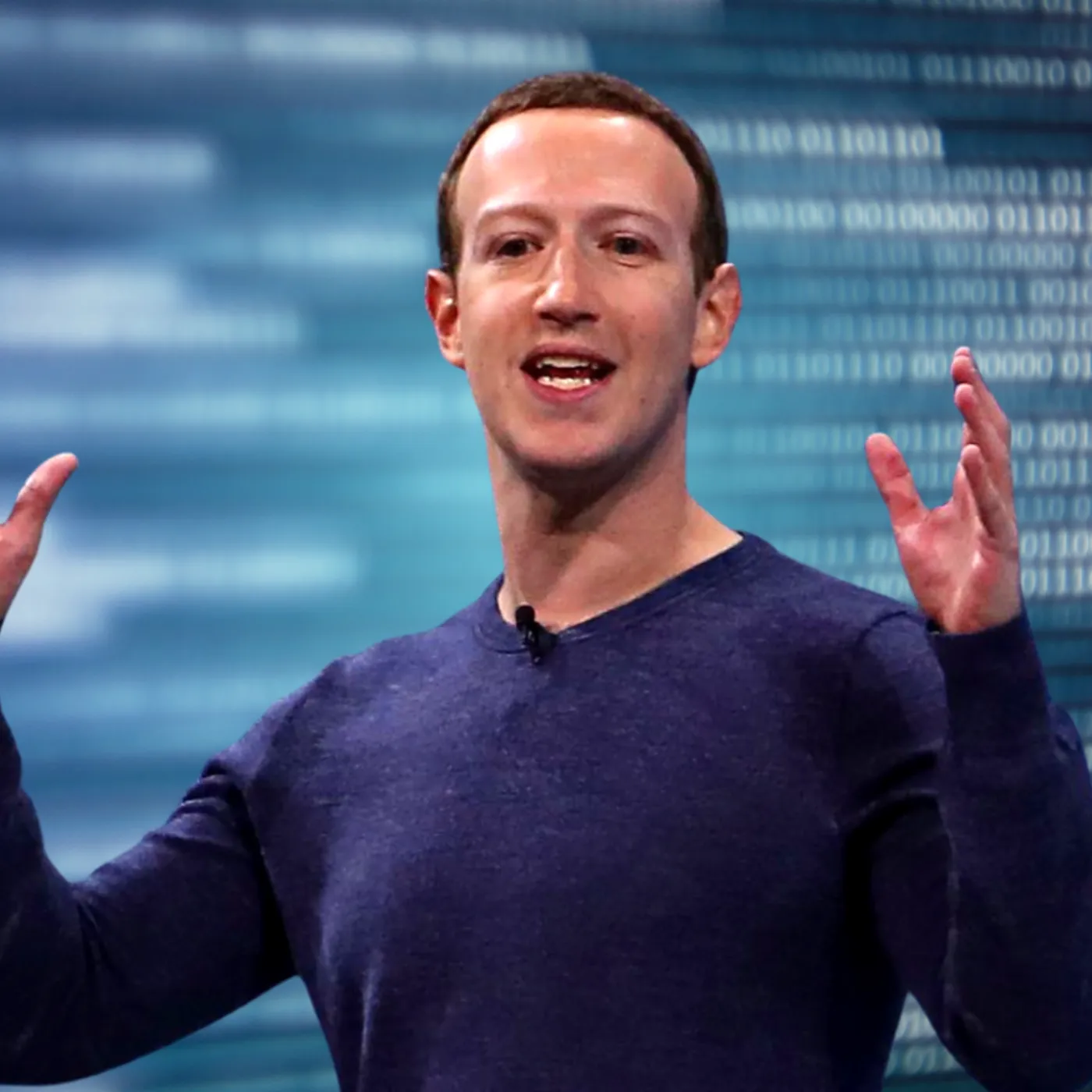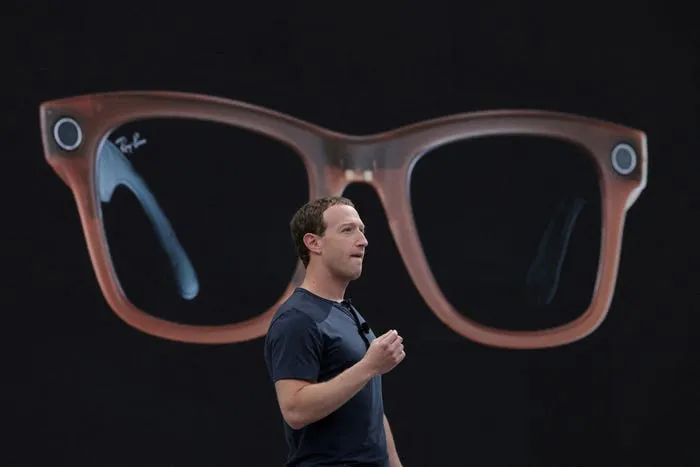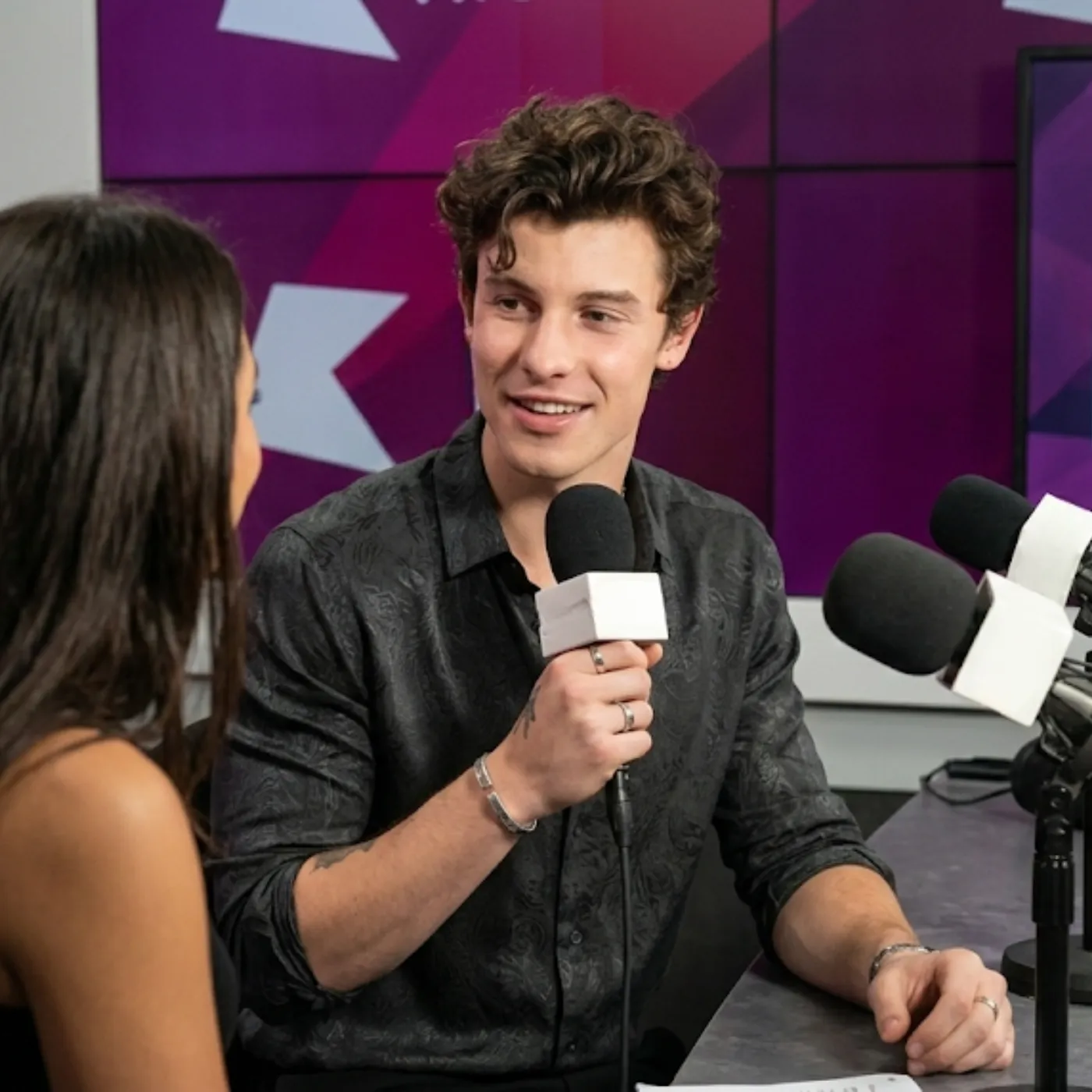

Meta Trained AI Using Stolen Books – Furious Authors Demand Billions in Compensation!
Mark Zuckerberg’s Meta Platforms is under legal fire for allegedly using copyrighted books to train its artificial intelligence (AI) models. A group of authors, including Ta-Nehisi Coates and Sarah Silverman, has sued the tech giant, claiming that Meta used pirated copies of their works without permission or compensation.
The lawsuit, filed in a San Francisco federal court, accuses Meta of intellectual property theft, arguing that the company illegally leveraged copyrighted material to enhance its AI technology while ignoring the rights of content creators.
Meta, however, is fighting back. The company has requested the court to dismiss the lawsuit, asserting that its use of copyrighted books falls under fair use—a legal doctrine that permits limited reproduction of copyrighted material under certain conditions, such as education, research, or transformative purposes.
Meta’s Defense: Fair Use and AI Innovation
Meta’s legal team insists that AI training should be considered fair use because its large language model (LLM), Llama, does not simply copy or distribute entire books. Instead, Meta claims that AI models process, analyze, and transform information to generate new insights and assist users with a variety of tasks.
A Meta spokesperson defended the company’s AI training process, stating that fair use is “vital” for open-source AI models, as it fosters technological innovation and creativity. According to Meta, Llama helps users with writing business reports, translating languages, and analyzing data, rather than serving as a replacement for reading books.
But Is It Really Fair Use?

Critics argue that Meta is stretching the definition of fair use. While the fair use doctrine allows copyrighted material to be used transformatively, the authors suing Meta claim the company’s AI does not create something new—it merely absorbs and regurgitates existing content.
Fair use traditionally applies in cases like parody, commentary, news reporting, or education—but does training a for-profit AI system qualify? That’s the key legal question.
Authors Strike Back: “Meta Used Pirated Books”
The authors behind the lawsuit are pushing back hard. They claim that Meta deliberately acquired unauthorized copies of their books from shadow libraries—online repositories that host pirated texts—to train its AI without consent.
Their argument:
-
Meta did not license the books – The company used entire copyrighted works without paying authors or publishers.
-
AI models directly benefit from stolen content— The lawsuit alleges that Llama’s capabilities are built on the backs of unpaid writers.
-
Fair use doesn’t apply to mass data scraping – Unlike quoting or summarizing, training AI involves ingesting entire books, which the authors argue goes beyond fair use.
Earlier this month, the authors urged the judge to reject Meta’s fair use argument, claiming that the company took full copies of their books and used them for financial gain—without compensating the original creators.
A Broader War: AI vs. Copyright Holders
Meta is not the only tech giant facing copyright lawsuits over AI training. OpenAI, Google, and Microsoft have all been sued by authors, artists, and media companies for allegedly scraping content without permission.
The rise of AI-powered tools like ChatGPT, Bard, and Claude has sparked widespread concerns over:
-
Who owns AI-generated content?
-
Should AI companies be forced to pay for copyrighted training data?
-
Is AI-generated text just plagiarism with extra steps?
This legal battle could determine how AI is developed moving forward—and whether human creators get their fair share.
Could This Lawsuit Reshape Copyright Laws?
This lawsuit is part of a larger legal and ethical debate: Should AI companies be required to obtain licenses for copyrighted materials, or does AI training fall under fair use?
If the court rules against Meta, it could set a precedent, forcing AI developers to:
-
Pay for copyrighted content—AI firms may have to license books, articles, and artwork, leading to higher costs.
-
Limit AI training data—If restrictions increase, AI capabilities might be reduced due to less training material.
-
Face ongoing legal risks— More authors and publishers could file lawsuits, demanding compensation.
On the other hand, if Meta wins, it could weaken copyright protections, giving AI companies free rein to use any publicly available content without paying creators.
Tech Giants vs. Content Creators: The Battle for AI’s Future
This case is not just about Meta—it’s about the future of AI and copyright law. If courts side with Meta, it could open the door for wider, unrestricted AI training on copyrighted works.
However, if authors win, AI companies may have to rethink their business models. The implications are huge:
-
For Writers & Artists – Could force AI firms to pay royalties or license agreements, providing financial compensation.
-
For Tech Companies – May lead to stricter AI regulations, potentially slowing AI advancements.
-
For Consumers— Could affect the quality and accessibility of AI models, as companies struggle with content restrictions.
The AI Copyright Battle: What Happens Next?

The legal war between Meta and authors is more than just a courtroom battle—it’s a clash between technology and intellectual property rights.
As AI evolves, lawmakers will have to decide:
-
Should AI-generated content be regulated like human-created works?
-
Should companies compensate original authors?
-
Will copyright law need an overhaul to address AI?
Whatever happens next, this lawsuit could change the way AI is trained, developed, and used in the future.
A Legal Precedent That Could Reshape the AI Industry
The outcome of this lawsuit won’t just impact Meta—it could set a legal precedent affecting the entire AI industry. If the court rules against Meta, other AI companies like OpenAI, Google, and Microsoft may also face massive legal and financial consequences.
For years, tech companies have operated in a gray area, arguing that AI training data falls under fair use. However, as lawsuits pile up, courts may be forced to establish new legal standards on what AI can and cannot use. Will companies have to pay for training data? Will AI-generated content need stricter regulations? These are the questions that will shape the next decade of AI innovation.
At its core, this battle is about power and control. Big Tech wants unrestricted access to information, while authors, artists, and publishers demand fair compensation. If AI is built on human knowledge, should human creators share in the profits?
The answer to this question could change the future of AI forever. Will AI companies win the right to use anything online freely, or will content creators reclaim control over their work? The world is watching.

















